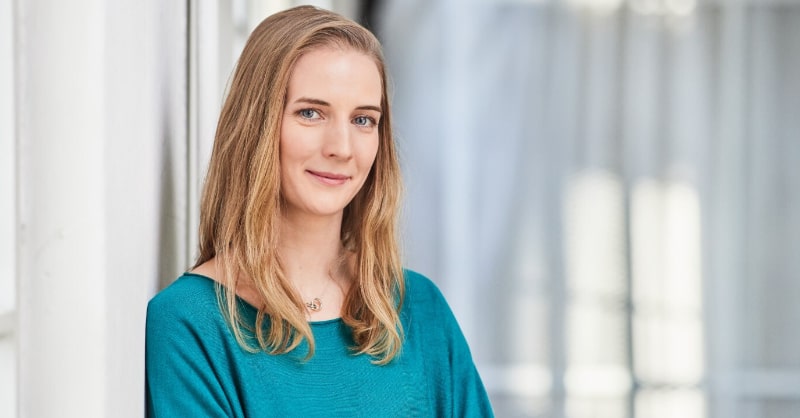Asylum expert: Austria is not overwhelmed
There are challenges when it comes to asylum, but little attention is paid to the facts, says asylum expert Lukas Gahleitner-Gertz from Asylum Coordination Austria.
With the issue of “asylum”, the Freedom Party was able to climb to 24 percent in the Lower Austrian state elections in 2023, an improvement of 9.4 percent compared to 2018.
Here, an issue would be played with emotionally that could be dealt with rationally. It is currently managing a large number of asylum applications, that’s true, says Gahleitner-Gertz in an interview. Because of the Dublin Regulation, the countries with the EU’s external borders became responsible, but this would have evaded responsibility because it made it as difficult as possible to apply for asylum.
The debate about whether we are overwhelmed is somewhat absurd.
Austria has long been unable to send asylum seekers back to Greece or Hungary because these countries treat those seeking protection badly. But acting in a similar way is not a solution, says Gahleitner-Gertz. Countries that do not stick to an agreement should be sanctioned for it.
European minimum consensus
People should be treated humanely, that is the minimum consensus in the EU. Austria should not enter into “dubious alliances” with Hungary or Serbia, but encourage the EU to initiate EU treaty procedures against countries that would not comply with the agreement.
The number of asylum applications in Austria has increased by a factor of 2.5 compared to the previous year – the number of procedures that have been discontinued has also increased fivefold. Austria is the European champion when it comes to ending an asylum procedure.
https://twitter.com/LukasGahleitner/status/1620023503864107008
At the end of 2022, 21,000 people were in basic asylum care in Austria, which is an increase of around 4,000 people compared to the previous year. Under the former Interior Minister Herbert Kickl, 27,000 people were in basic care. That’s why Gahleitner-Gertz finds the current discussion “somewhat absurd”.
Around 1,500 people are currently accommodated in Traiskirchen in Lower Austria, and 1,265 in the rest of the state. Gahleitner-Gertz thinks the problem would be exaggerated.




